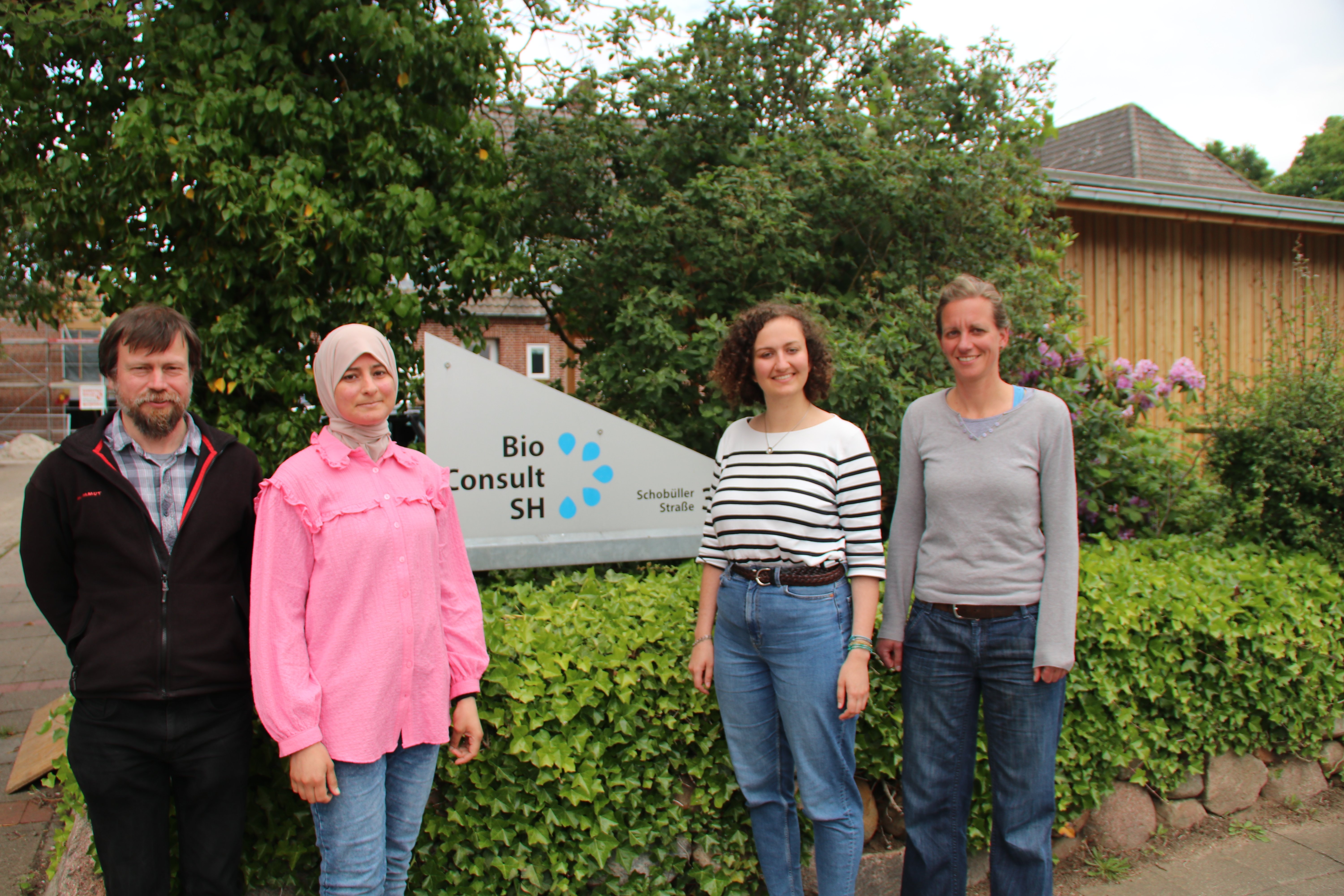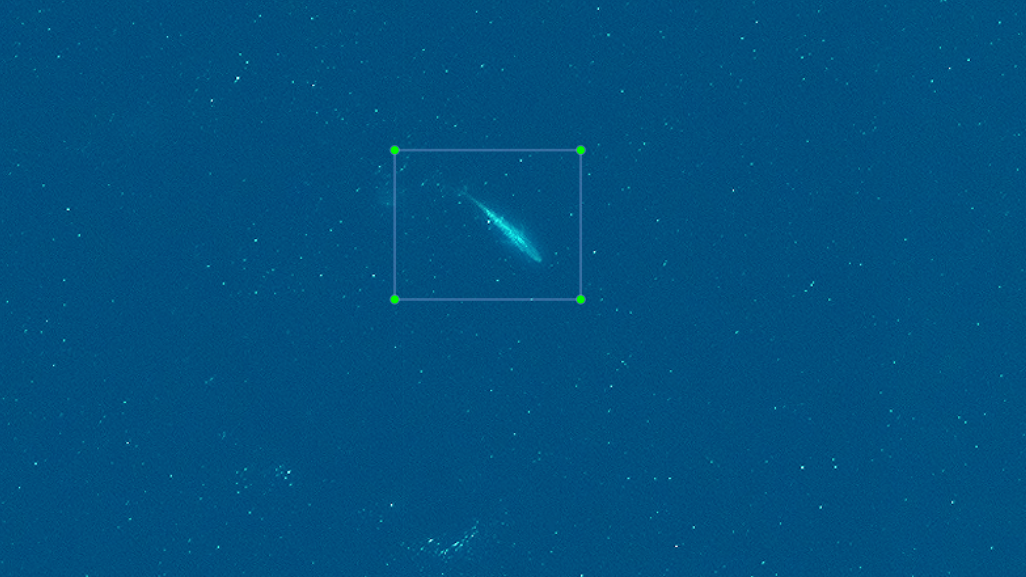We are proud for our colleagues of the SPACEWHALE team! They are among the champions of the GRAVITY Challenge, a global technology innovation programme by Deloitte.
Our press release:
Husum-based team of researchers wins international technology challenge
A Husum-based team of researchers uses modern space technology and artificial intelligence to better protect endangered great whales. The SPACEWHALE service detects whales on satellite imagery using a specially developed algorithm to quantify their population and distribution in the open ocean. For this service, the team of researches won the GRAVITY Challenge, a global technology innovation programme by Deloitte and received a funding of more than 67,000 € for further studies.
Populations of large whales have decreased in all oceans in the past. However, whales play an important role in carbon cycling: ‘We now know that whales are our climate allies and play an outsized role in maintaining a healthy ocean.’ says Chris Butler-Stroud, managing director of the environmental organisation ‘Whale and Dolphin Conservation (WDC)’. This is the reason why researchers all over the world investigate how many whales occur where. Especially in remote areas, little is known about the distribution of marine mammals. Aerial and ship-based surveys usually only cover rather small areas and may be time-consuming and expensive, and the abundance of most species cannot be easily estimated based on acoustic monitoring data.
New technologies can close these knowledge gaps and go beyond the limits of traditional methods: Satellite imagery allows to effectively searching large and remote ocean areas for whales. The SPACEWHALE service can answer many questions, so far requiring individual biological studies, with just a few clicks: Where can be found a particularly large numbers of marine mammals? Which areas do they hardly use? And when do whales cross a particular area during migration? ‘The answers to these and other questions are vital to ensure effective protection measures to allow whale populations to recover’ says SPACEWHALE team leader Caroline Höschle.
The SPACEWHALE service was developed by the independent research and consulting company BioConsult SH in cooperation with British and American scientists. The project was co-financed by the European Space Agency (ESA) within the framework of the Space Solutions programme.
With the Deloitte funding, WDC and SPACEWHALE now plan to evaluate satellite imagery of an area with no or only few information available on the whale population. This study shall serve as a basis for the designation of new Marine Protected Areas. ‘We believe that by working together we have a real chance to make the world a better and safer place for whales and dolphins.’ says Chris Butler-Stroud. Overall, 4,000 km² of the Indian Ocean or the eastern tropical Pacific will be investigated. Caroline Höschle says: ‘This study has the potential to lift conservation to another spatial level which is to be replicated over the world’s oceans.’
Please refer to the website of the service www.spacewhales.de for further information.


